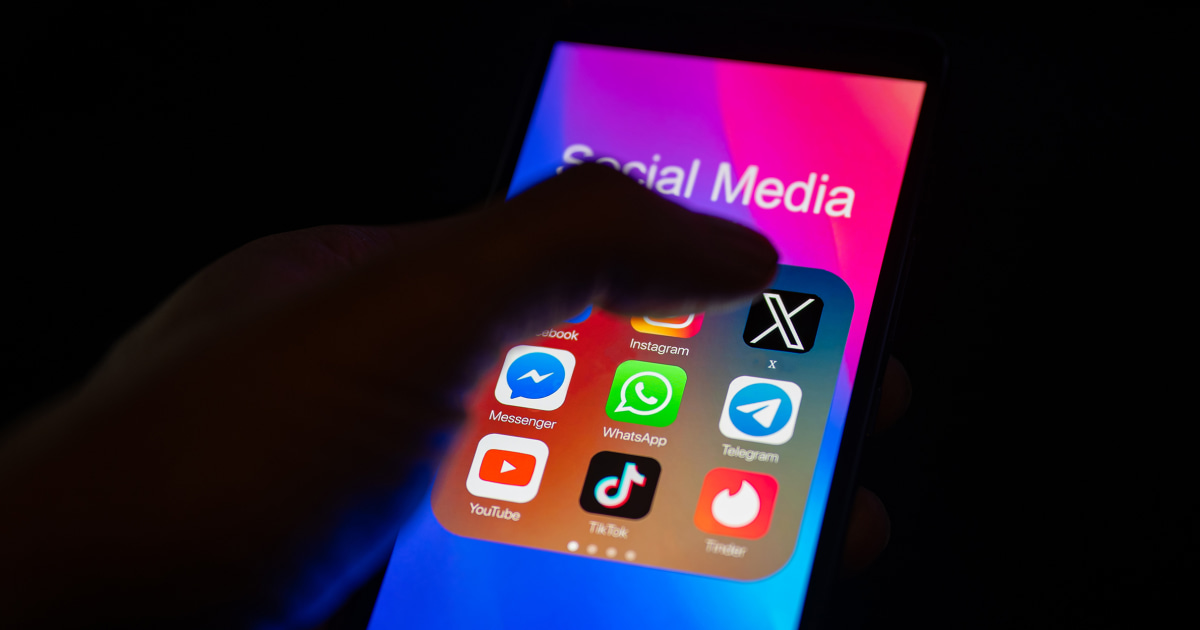
Elon Musk, the CEO of X, formerly Twitter, announced on May 25, 2023, that the platform would begin hiding likes from other users. This change was made to protect users' privacy and eventually plans to only show view count instead of like and retweet counts in the future. The update follows a series of policy changes Musk has introduced since taking over X in 2022.
On June 12, 2024, both Musk and X's engineering account confirmed the change through posts on the platform. According to these announcements, users will still be able to see which posts they have liked themselves and who liked their own posts but not who liked someone else's posts.
This decision has received mixed reactions from users, with some expressing concerns about potential negative consequences such as decreased engagement and the loss of a way to gauge public opinion. Others argue that hiding likes will help protect users from retaliation and harassment.
Musk's reasoning for the change is that public likes are incentivizing the wrong behavior, leading people to fear retaliation or protecting their public image before liking content. He believes this will lead to more authentic engagement on the platform and a better user experience overall.
This update follows a trend of other social media platforms making likes more private. For example, Instagram removed its Following Activity tab, which showed users which posts others had liked, and gave users the ability to hide like counts on their own posts.
However, it's important to note that this change may not be without its challenges. Some argue that hiding likes could lead to an increase in spam and platform manipulation as there will no longer be a clear way to gauge public opinion or engagement with a post. Additionally, some users may feel less connected to the platform without the ability to see who has liked their content.
Despite these concerns, Musk remains committed to his vision of making X a digital public square where people can engage in open and honest discussions without fear of retaliation or harassment. Only time will tell if this change will have the desired effect.



